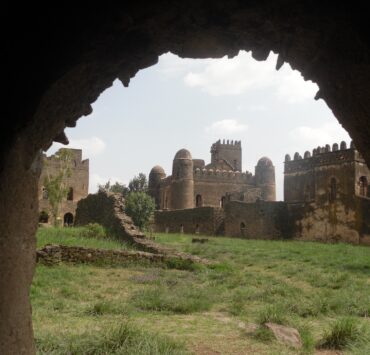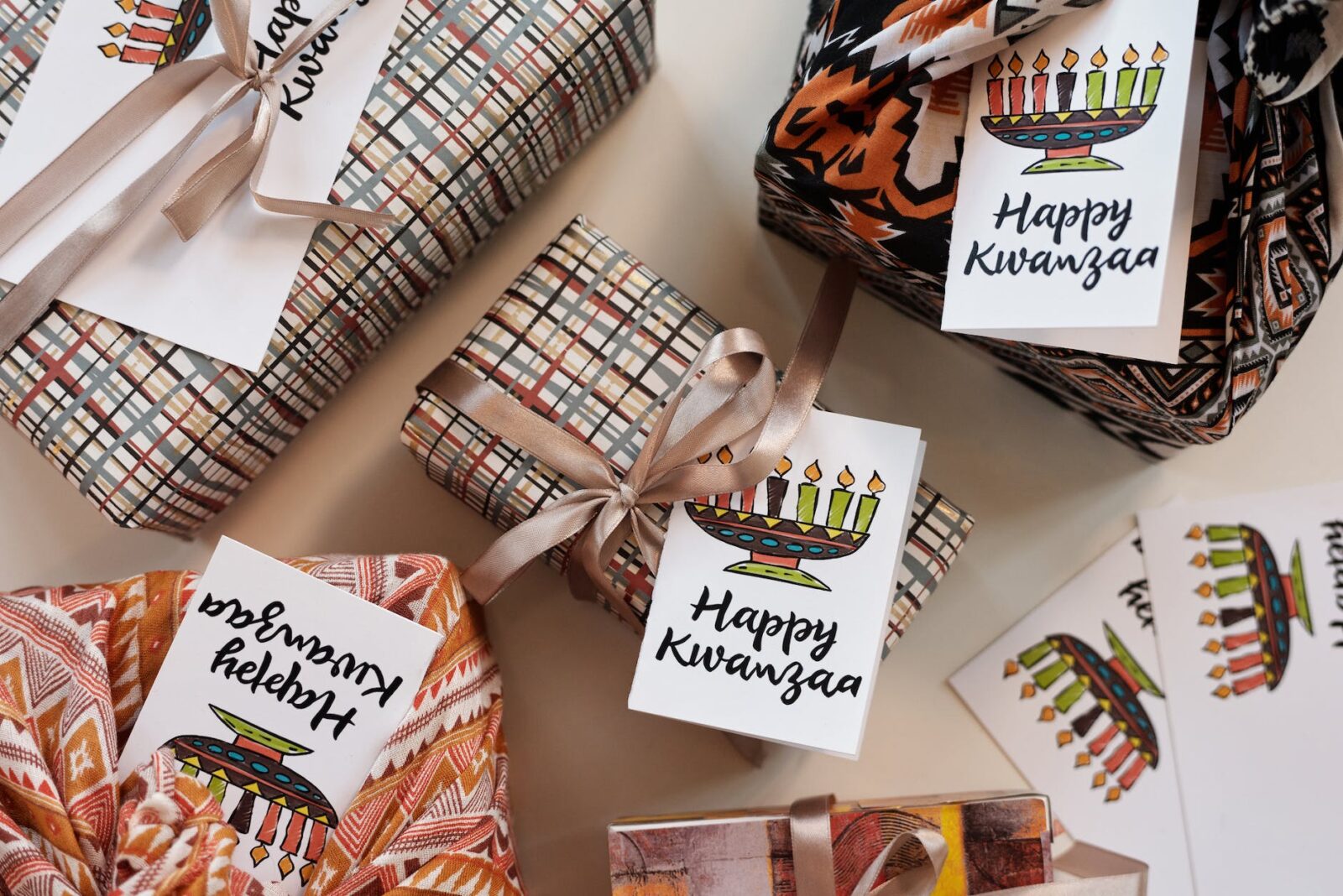
Baruti Katembo is a member of the Mathematics Faculty -…
Read Next
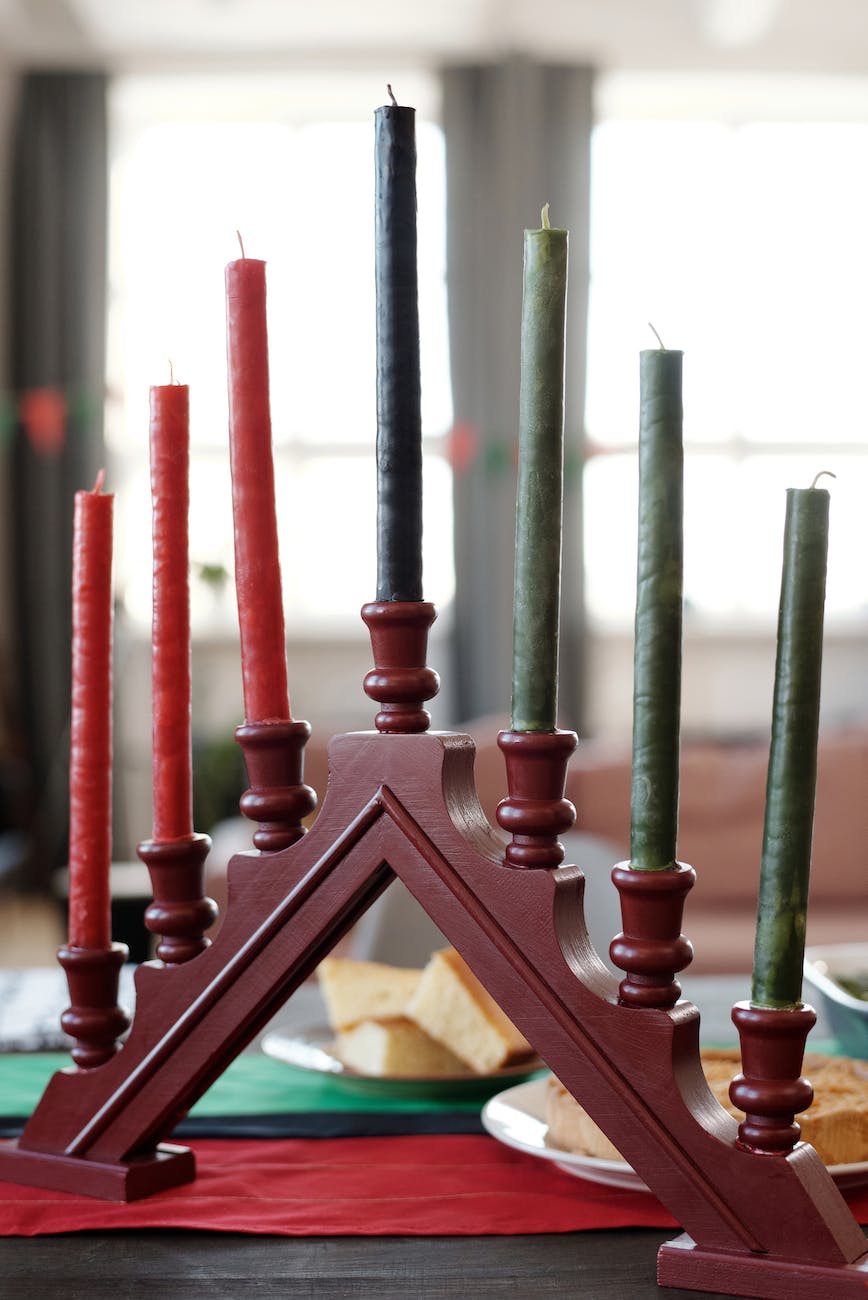
Kwanzaa, an annual 7-day holiday celebrating Pan-African culture, community and thanksgiving, is an African-American interpretation of ancient African “first fruit” festivals; linguistically, its name is a shortened version, derivation and adaptation of the Kiswahili phrase “matunda ya kwanza”, meaning first fruits. The celebration, observed from December 26th thru January 1st, serves as a formal venue for sharing the best of African ethos and personality with the world and global society from the eyes, vantage point and interpretation of African-Americans. It was introduced in 1966 by Dr. Maulana Karenga, sociologist and founder of the cultural nationalist organization Us. Given KiSwahili’s non-ethnocentric status and Pan-African appeal, Dr. Karenga used the language as the linguistic conduit through which the rituals and celebration of Kwanzaa are expressed. The holiday seeks to illuminate and promote a group of 7 principles (Nguzo Saba), conceptualized to be the foundation of Black advancement: Umoja (unity); Kujichagulia (self-determination); Ujima (collective work and responsibility); Ujamaa (cooperative economics); Nia (purpose); Kuumba (creativity); and Imani (faith). Each day of Kwanzaa is used to sequentially highlight one (1) of the seven (7) Nguzo Saba elements, as listed previously.
Us was a key player in the Black Power Movement (mid-1960s thru mid-1970s) and had a great impact on Black expression and culture in the United States as a pioneer group in not only popularizing and promoting Kwanzaa, but also the Afro, Kiswahili, African attire & names, female natural hairstyles (like braids) and African-American Studies departments in United States colleges. Imani (faith in Kiswahili) is derived from amun, sometimes spelled imn in MDW NTR, the hieroglyphic language of Kemet (ancient Egypt). Amun, meaning “what is not seen”, was the ancient Egyptian personification of air. This root word (imn) gave rise in various forms, spellings and connotations (e.g., amen; amin; amoun; imen; limaan) to similar meanings used in Judaism (“let us say” in the Torah context), Islam (“belief” in the Qu’ranic context) and Christianity (“verily or truly” in the Gospel context).
Theologically, Imani represents faith in the unseen. It was originally proclaimed in the Kwanzaa context as faith in our people, parents, leaders and teachers. The Creator was not mentioned in the initial discourse surrounding Kwanzaa as Us de-emphasized the holiday as a religious one, but rather posited it as a cultural one devoid of theological trappings which sometimes tend to divide rather than unify. However, in the evolution of thought, context and practice as a function of time, we know, as African people, regardless of our wide mosaic of religious traditions and denominations, that reverence for the Creator and spirituality are not disconnected from the tapestry of our cultural and social expression.
Imani, celebrated as/on Kwanzaa’s last day (January 1st), is very special because God has allowed us to see and experience the beginning of a brand new year. Not everyone can say that because many have passed on prior to when the edges of the year meet (an old saying from the Akan people of Ghana). The time of Kwanzaa, i.e., when the edges of the year meet, is a two-fold period in which God is/was thanked for blessings (such as good health, wisdom and a bountiful harvest) that were received in the previous 12-month cycle and also is/was asked to bestow strength, guidance, happiness and prosperity in the new year. Kwanzaa’s positioning roughly parallels the time of many ancient African celebrations commemorating a bountiful harvest. In the modern context, many people live in cities, where grocery stores have replaced homegrown farm-accessed food; therefore, thankfulness for blessings in general (not specifically a bountiful harvest) is a conceptual and appropriate substitute.
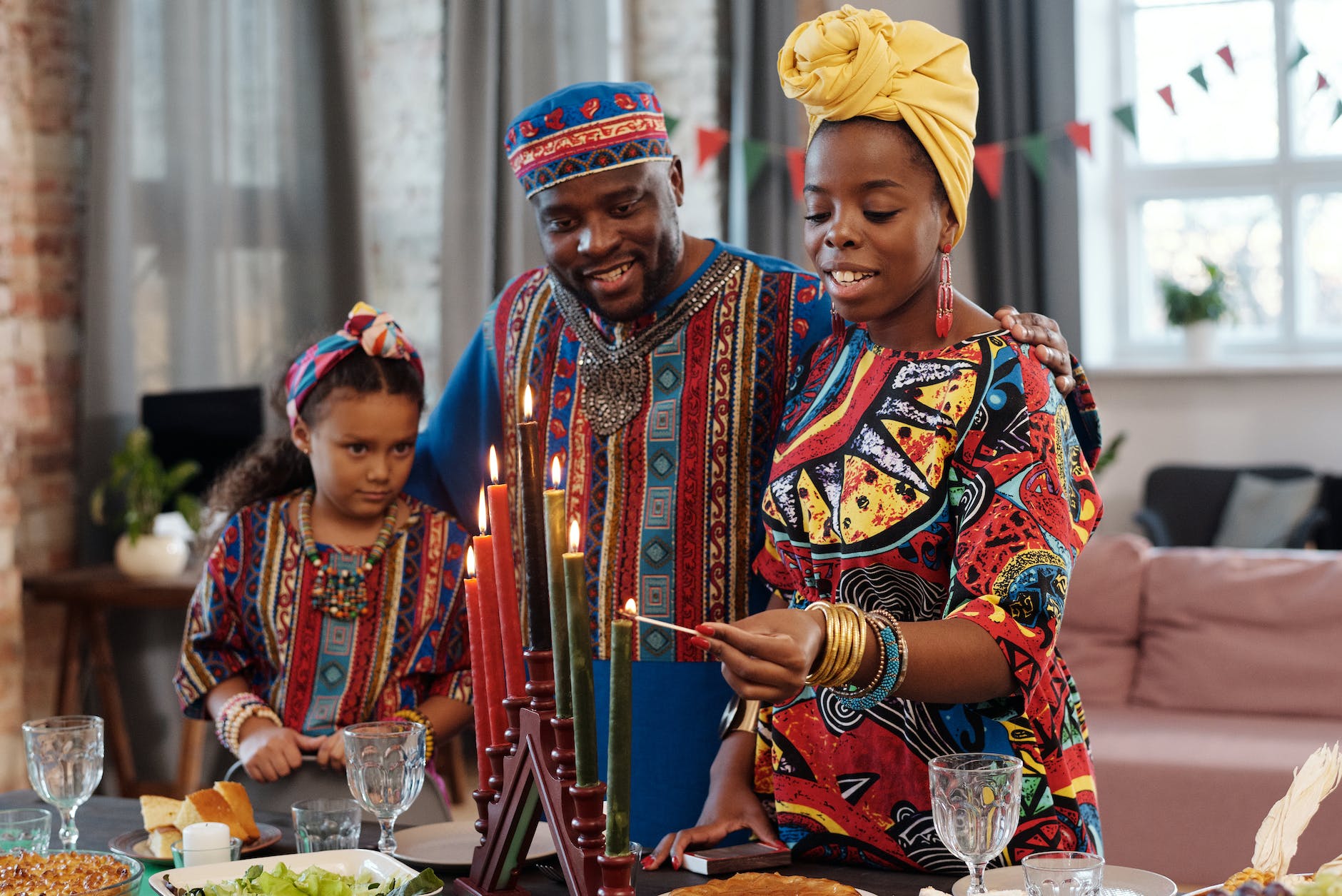
Finally, I want to highlight Imani, Kwanzaa’s last day, since it ushers in the new year (January 1st). Us viewed and promoted Imani as a call for belief and trust in family, teachers, community and watu wetu (our people in KiSwahili). Imani is a day marking a period of reflection, remembrance and optimism. By extension, the Creator is thanked for the blessings received in the prior year and there is the hope of happiness, enrichment and prosperity in the coming year.
The word Imani is used frequently as a source of inspiration and pride. Imani Winds (African-American woodwind quintet) and Imani Temple (religious denomination) are such examples. Kwanzaa, ending with the principle of Imani, should represent the coming together of African people irrespective of religion or political affiliation/ideology. Faith without action is dead; therefore, Kwanzaa’s 7th day, Imani, should jump start hard work toward meeting multi-front development goals, i.e., economic, cultural, spiritual and political ones.
Today, many African-American churches have incorporated Kwanzaa into their calendar events. There is even a Kwanzaa postage stamp issued by the USPS (United States Postal Service). Beyond the United States, Kwanzaa is celebrated in the UK, Canada, Brazil and a few African and Caribbean countries like Ghana, Cameroon, South Africa, Barbados and Jamaica, amongst other places. Kwanzaa is a cultural holiday (as mentioned earlier), not a religious one; it is explicitly Pan-African in nature. For Black people (anywhere on the globe) to forget about Africa and intra-group linkage as resources, reference-points and power connection conduits is to forget about themselves.
For more information on Kwanzaa, please review the selected links (articles and videos) below:
- Everything you need to know about Kwanzaa (Kristin Tablang, 2021)
https://www.housebeautiful.com/lifestyle/a38017627/kwanzaa-traditions/
- 10 Things to Know: Ditching Christmas for Kwanzaa (Loop News, 2016)
https://jamaica.loopnews.com/content/ten-things-know-ditching-christmas-kwanzaa
- A Brief History of the Kwanzaa Holiday and Six Amazing Facts (Matter of Facts (online platform), 2020)
- Kwanzaa in the Valley: Celebrating African American culture and ancestry (Alexa Block, 2020)
- Kwanzaa celebrations held nightly at the Charles H. Wright Museum (Fox 2 Detroit, 2021)
- Nia: A Kwanzaa Celebration (Northwest African American Museum, 2021) https://youtu.be/6ND-Xb7mKIs
- Discussion on Kwanzaa festival with Yaa Ashantewaa Archer-Ngidi (SABC, 2020) https://youtu.be/N4zQ0hJM3_Y
Subscribe now for updates from Msingi Afrika Magazine!
Receive notifications about new issues, products and offers.
What's Your Reaction?
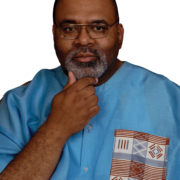 PIN IT
PIN ITBaruti Katembo is a member of the Mathematics Faculty - Florida State College at Jacksonville (United States), Alumnus of North Carolina A&T State University (BSIE; MS-Applied Mathematics) and North Carolina State University (MLArch), Co-author of several books and articles, inclusive of: UWENZI: The Pan-African Factor, A 21st Century View; "Thatched Dwellings, Pan-African Relations and Circularity" and has (Selected) research interests: numeracy, resource usage and sociotechnology. You can reach him at ufundi320@yahoo.com.














